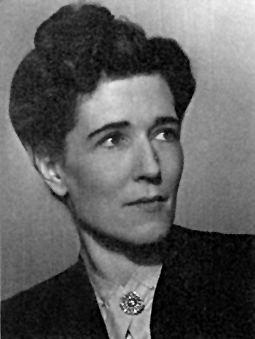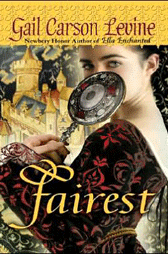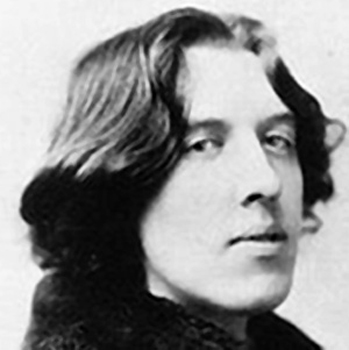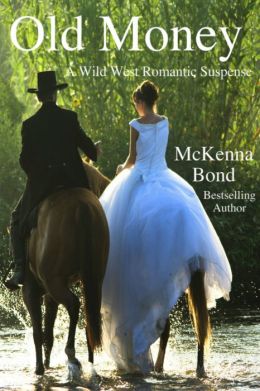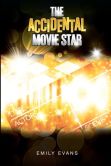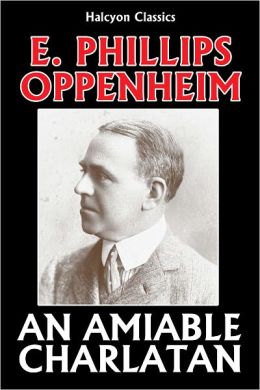A list of all her romances:
- The Black Moth (1921)
- The Transformation of Philip Jettan (1923) (later republished as Powder and Patch) (1930)
- These Old Shades (1926)
- The Masqueraders (1928)
- Devil's Cub (1932)
- The Convenient Marriage (1934)
- Regency Buck (1935)
- The Talisman Ring (1936)
- An Infamous Army (1937)
- The Spanish Bride (1940)
- The Corinthian (1940)
- Faro's Daughter (1941)
- Friday's Child (1944)
- The Reluctant Widow (1946)
- The Foundling (1948)
- Arabella (1949)
- The Grand Sophy (1950)
- The Quiet Gentleman (1951)
- Cotillion (1953)
- The Toll-Gate (1954)
- Bath Tangle (1955)
- Sprig Muslin (1956)
- April Lady (1957)
- Sylvester, or the Wicked Uncle (1957)
- Venetia (1958)
- The Unknown Ajax (1959)
- A Civil Contract (1961)
- The Nonesuch (1962)
- False Colours (1963)
- Frederica (1965)
- Black Sheep (1966)
- Cousin Kate (1968)
- Charity Girl (1970)
- Lady of Quality (1972)
There are a few of the books above that I haven't liked very much--A Civil Contract seems unromantic to me and I pity our female main character's (initially) loveless marriage. An Infamous Army and The Spanish Bride are too historically based for my enjoyment--An Infamous Army, especially, about war and loss and suffering is NOT my idea of romance. All three are good books, but since I tend to read Georgette Heyer for escape, I do not feel drawn to the more "realistic" of her books. My favorite of the above books is Venetia, although I also really, really like Lady of Quality, Black Sheep, Frederica, False Colours, The Nonesuch, The Unknown Ajax, Sylvester, April Lady, Sprig Muslin, Bath Tangle, The Toll-Gate (I especially like that one!), Cotillion, Arabella, The Reluctant Widow, Faro's Daughter (I especially like this one too!), The Corinthian, The Talisman Ring (my daughter's favorite), Regency Buck, Devil's Cub, The Masqueraders (such an unbelievable premise, but Georgette Heyer makes it convincing!), and The Black Moth (her first).
I'm posting this list today because I've been "chain reading" Georgette Heyers recently and I do not want to review every single one. I think I have reviewed one or two on this blog--The Black Moth, These Old Shades, Devil's Cub, and The Convenient Marriage, in fact--but I won't review any of her other romances. Suffice it so say that if you like historical romances (and Jane Austen), you will very likely love Georgette Heyer. I purchased my collection online, from Barnes and Noble (some of these stories have been re-released by Harlequin) and in England (where I paid way too much for them, but cannot regret it) in new and used book stores there (I got a first edition of Black Sheep! Happy sigh). If you're looking for escape, you can find it in Georgette Heyer's clever, witty, detailed, romantic and often adventurous tales.
Sex: none (although many of her male characters are the classic reformed rake. Hm.)
Bad language: none
